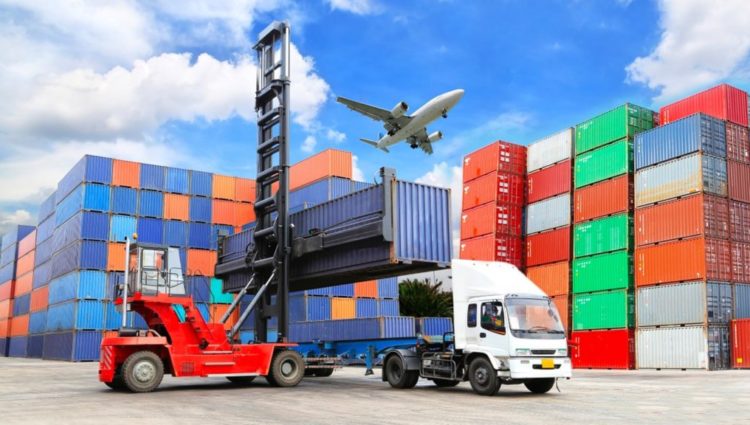Indonesia an archipelago that spans over 17,000 islands, relies on cargo trips that work efficiently for its economic survival and to connect the various regions. Because of its huge area of islands and seas transport logistics are essential to ensure that goods get to their destination promptly. Unique geography of Indonesia along with its strategic location in the middle of major global trade routes, makes cargo expeditions vital to existence and the development of its economy. From connecting rural villages to vibrant urban areas to aiding international exports, cargo services provide the basis for Indonesia’s commerce and trade. Rapid growth in sectors like e-commerce and manufacturing has further highlighted the importance of these services in driving the economy of Indonesia forward.
The geographical terrain of Indonesia creates both problems and opportunities for cargo expeditions. The islands are separated from each other by rivers, oceans, and varied terrains, which makes it essential to use a multi-modal transport system. Aircrafts, ships, trucks, and trains work together to create a seamless logistics network capable of overcoming the challenges. Large ports such as Tanjung Priok in Jakarta, Tanjung Perak in Surabaya, and Belawan in Medan are critical hubs, ensuring seamless movement of goods between islands and international markets. However, weather fluctuations and infrastructure gaps in rural areas sometimes create congestion. In order to address these problems both the private and government sector are putting their money into technological solutions such as real-time tracking, routing optimization and infrastructure improvements to ensure more efficient operations.
The explosion of e-commerce in Indonesia has led to significant growth within the cargo transportation sector. Marketplaces on the internet like Tokopedia, Shopee, and Lazada are causing huge increases in demands for logistics especially for deliveries that last. As more shoppers shop online, retailers have felt compelled to enhance their networks and enhance delivery performance to cater to consumer expectations. A lot of logistics firms now provide customized solutions to businesses that sell online such as warehousing, purchase fulfillment, and rapid delivery services. The explosion of digital retail has not only revolutionized the logistics industry but also connected remote areas with urban and global markets. As a result, cargo transport has been a vital part of Indonesia’s economy that is digital.

The international trade sector is another one in which Indonesia’s cargo operations have a significant role. Its central location on major maritime trade routes makes an important hub for global commerce. Exports such as coal, palm oil textiles, rubber and fish are transported internationally, due to the efficient operations of cargo companies. In addition there is the fact that the Indonesian government has prioritized enhancing the logistics and ports infrastructure with initiatives such as those of “Sea Toll” program, designed to ensure that goods can be distributed across the archipelago for less. Plans like the expansion of Patimban Port and improvements to New Priok Terminal further underscore the country’s commitment to becoming a leading logistics hub in Southeast Asia. These developments not only support the domestic economy but also draw international investment and collaborations within the sector of logistics. For more information please Read More Here
Sustainability is now an increasingly important aspect of the cargo journeys that take place in Indonesia. With growing global concerns over the effects of climate change on the environment logistics firms are seeking ways to minimize their carbon footprint. Green practices, such as using energy-efficient vehicles, implementing alternative fuels that are cleaner, as well as optimising delivery routes are becoming more prevalent within the logistics industry. Additionally, the government has introduced guidelines to promote environmentally sustainable shipping. This has led firms to innovate and be aligned with international standards for environmental protection. As sustainability becomes a core issue, the freight expedition business is set to grow more, achieving an equilibrium between growth in economics and the environment.
The cargo journeys in Indonesia provide a crucial transportation link that connects the nation’s islands, promotes economic development as well as integrating local markets with global trade. Despite the logistical challenges that are posed by its geographical location, the sector has shown resilience and adaptability through technological advancements, strategic investments and an increasing focus on sustainability. Whether supporting the booming e-commerce sector or ensuring the efficient flow of international trade cargo voyages have a significant role to play in the Indonesian social and economic fabric. In constant efforts to upgrade infrastructure and adopt innovative solutions and solutions, the future for cargo expeditions in Indonesia looks promising. While the country is thriving as a nation that is maritime the cargo industry will continue to be a major driver in its development and progress.
